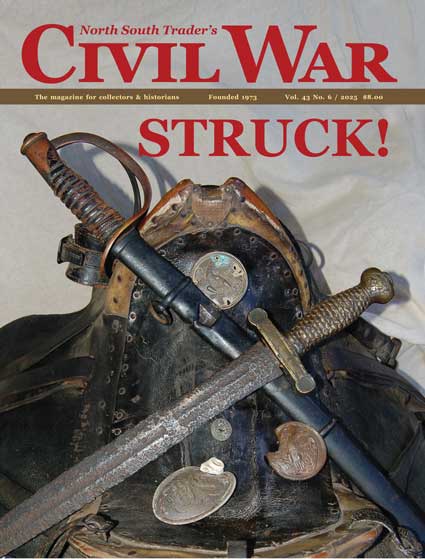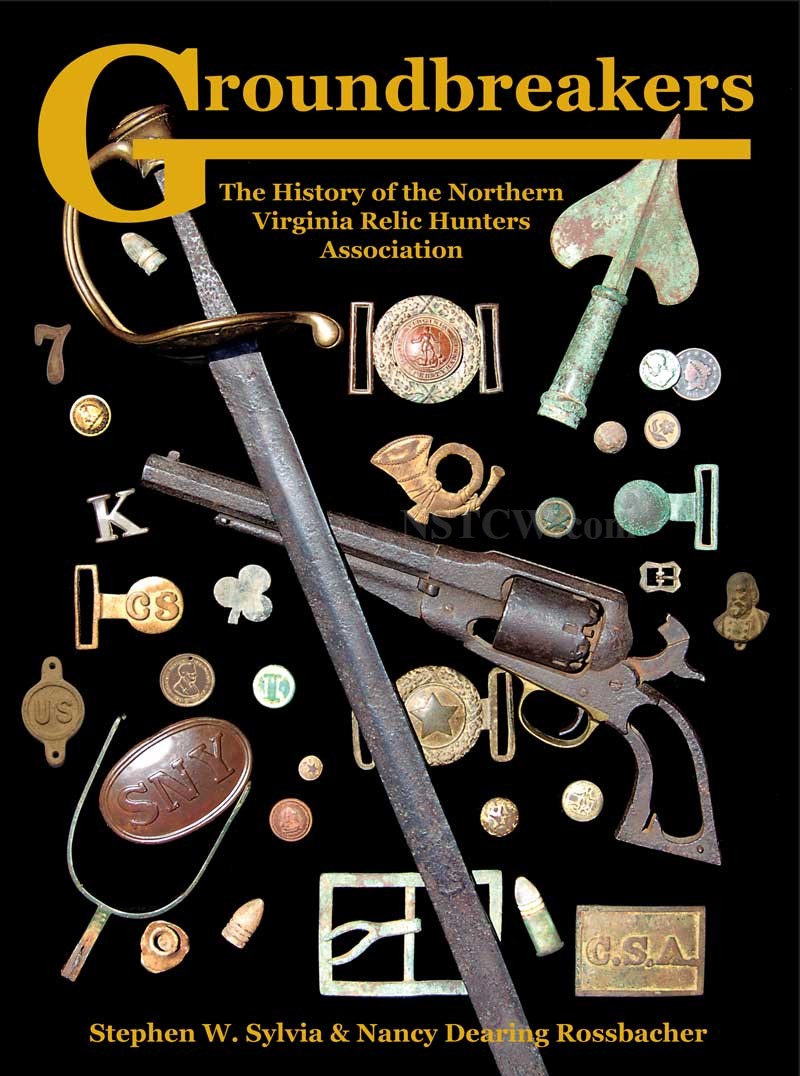|
Publisher's Forum Issue: 36-3 |
|
Apologies and appeasement He was speaking about the museum's new exhibit influenced by his personal area of expertise, cultural history. This graduate of the University of California at Berkeley has forged ahead with an exhibit featuring Kermit the Frog, Dorothy's ruby slippers, and electronic gadgetry from 2004, now considered "ancient technology." As he said, "This is a broader definition of what is important to remember." I can grasp how a comedy team such as Laurel and Hardy or the Three Stooges, which had a broad-based appeal to young and old of several generations, can represent a time capsule of that era, but I fail to see how a puppet from a children's show is an important thread in the fabric of our national culture. It does seem that Mr. Pachter, in his zeal for innovation, has boldly gone where no man has gone before. In the process he seems to have forgotten that those "white men on horses" are the men who created, fought, and died so we can promote a silly culture where a fantasy cartoon puppet is as important to remember as real people of character and virtue. I hope that there is more to this bold new exhibit than meets the eye.
peaking of bold moves, the current president and CEO of the Museum of the Confederacy, S. Waite Rawls, has refused to allow the Confederate flag to be flown over the new satellite museum of the Confederacy at Appomattox. He is allowing only the US flag and the 14 state flags in the order they left the Union to be flown outside of the museum. Confederate flags can be displayed inside the building but not outside where passersby may be offended. In explanation, the ebullient director stated, "Appomattox is a metaphor for the reunification of the country. To put the Confederate flag into that display would be a historical untruth." I believe that is but one interpretation of the place. It is also where the Confederate flag last flew over Lee's army in a major conflict. It is where the last blood was shed in Virginia in the most significant war of the 19th century. If we follow Rawls' interpretation of reunification, wouldn't it be appropriate to fly both the US and the CS flags together as this was where they last both flew above warring Americans? Yes, there was one winner and one loser, but because both sides were American, they were ultimately both winners. In a country that is bending backward to accommodate and celebrate the cultures of other nations, including the flying of their flags, how is it that the flag of another American "nation" must be shunned? Doesn't the UN building in New York City fly flags of nations, some of whom terrorize, murder, and enslave people at this moment? Where is the hue and cry against those banners? I find the contradiction hard to take. This is simply political correctness at its most hypocritical extreme. Not surprisingly, Rawls' decision has resulted in a great deal of flack. The Internet is sparking with rants and screeds galore. One fact that has so far eluded all of the commentaries I've read is the simple reality that Mr. Rawls has achieved what would have been thought impossible just a few years ago. He has divided the once grand repository of Confederate history and artifacts into three small museums. Few, if any, seem aware that with this divisive act the Museum of the Confederacy as we knew it has ceased to exist. There is no longer a Museum of the Confederacy and will likely never be again. Time will tell if Rawls' bold maneuver proves to be vision or folly.
his inclination to appease at any cost is, I believe, reflective of an international pattern of apology and appeasement that has been growing over the past few decades. Tony Blair apologized to the Irish, Germany's president apologized for the Holocaust, French president Chirac apologized to Dreyfus's and Zola's descendents for the Dreyfus Affair, Clinton apologized for slavery, and Obama has apologized for everything else. Our Congress has apologized for all but their shortcomings, and even state governments have apologized for crimes in the distant past. No one seems to know how this international mea culpa movement began, but it has spread like wildfire. Personally, I am waiting for Europe to apologize to America for dragging us into World Wars I and II. I do wonder if this posture of apology can thrive in a world where people have followed for centuries the wisdom of the Greek proverb that claims "From the time they invented ‘I'm sorry,' honor was lost." Napoleon and Caesar never apologized for their bloody wars. Nor were apologies evident in the memoirs of America's most famous generals—not from Washington, Jackson, Houston, Lee, Grant, Pershing, or Patton. And not from Truman after Hiroshima and Nagasaki. Apologies were not forthcoming from Kennedy for the Bay of Pigs nor from Reagan for Iran-Contra. William Tecumseh Sherman, responding to criticism of his infamous march, wrote, "If people raise a howl about my barbarity and cruelty I will answer that war is war and not popularity seeking." My favorite is John Wayne as Capt. Nathan Brittles, who uttered, "Never apologize. It's a sign of weakness." It is easy to stick with only one side or the other. I don't trust a person who is willing to utter "I'm sorry" at the drop of a hat. Nor do I respect a person who truly does embrace the Duke's brand of stubbornness and refuses to allow an apology to ever cross their lips. A truly courageous—and wise—person knows when to apologize and when not to. Maybe I'm an anachronism, but it seems too many of our political leaders and museum directors are too willing to take the easy road and simply apologize to shut up the opposition. That does disservice to our ancestor's courage, will, and determination. They set the bar for us and it's difficult to measure up. But it's easy to lower the flag, mutter, "I'm sorry," and put Kermit on a pedestal. Me, I'll stick with the old guys on horseback. —Pub.
|
| Past Publisher's Forums click an issue number to view |
| 43-6 |
| 43-5 |
| 43-4 |
| 43-3 |
| 43-2 |
| 42-3 |
| 42-3 |
| 42-3 |
| 42-3 |
| 42-3 |
| 41-6 |
| 41-5 |
| 41-1 |
| 40-5 |
| 40-4 |
| 40-3 |
| 40-1 |
| 39-6 |
| 39-5 |
| 39-4 |
| 39-3 |
| 39-2 |
| 39-1 |
| 38-3 |
| 38-2 |
| 38-1 |
| 37-6 |
| 37-5 |
| 37-4 |
| 37-3 |
| 37-2 |
| 37-1 |
| 36-9 |
| 36-6 |
| 36-5 |
| 36-4 |
| 36-2 |
| 36-1 |
| 35-6 |
| 35-5 |
| 35-4 |
| 35-3 |
| 35-2 |
| 35-1 |

